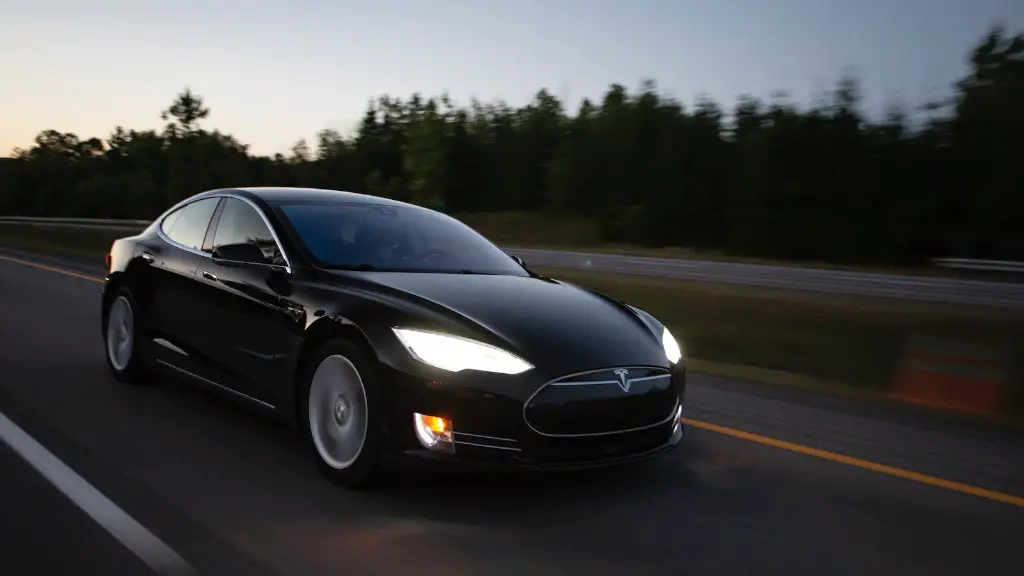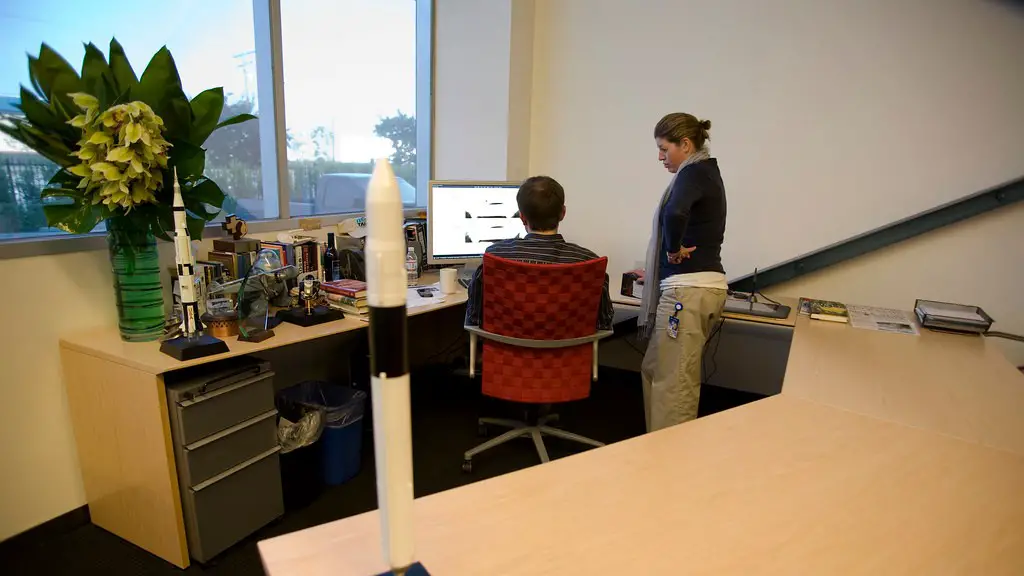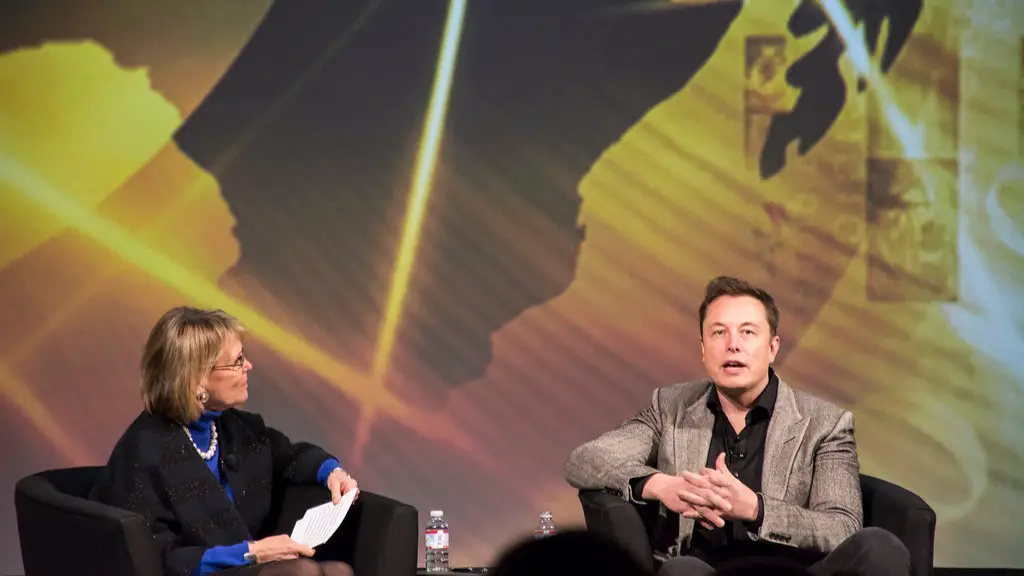In recent news, Tesla CEO Elon Musk has been sued for his controversial tweets about taking the company private. The lawsuit alleges that Musk issued false and misleading information that caused the stock price to rise and investors to purchase shares at inflated prices. Many were shocked and outraged by the news, resulting in the #DeleteElonMusk hashtag trending on social media.
The class action lawsuit was filed on behalf of shareholders by the Rosen Law Firm. According to the suit, Musk “made false and misleading statements regarding the company’s supposedly ‘secured’ funding to take the company private at $420 per share when, in fact, he had not even secured any such funding.” The lawsuit claims that false statements caused the share price to increase, allowing Musk to sell nearly $8 million worth of stock.
This is not the first time Musk has been called out for his unethical behavior. Over the years, he has been known to make exaggerated claims about his products, idea, and the development of his company. Although he is sometimes seen as a maverick genius, some question the validity of his statements in the wake of this latest scandal.
The lawsuit also names Tesla’s board of directors as a defendant. It claims that the board had a duty to ensure that Musk followed all laws and regulations when making statements on social media. The suit maintains that they were “grossly negligent of their responsibilities to protect their investors – the majority of whom are not tech or investment savvy internet users.” According to the Rosen Law Firm, investors who purchased Tesla stock during the period of Musk’s claims could suffer considerable losses.
The Securities and Exchange Commission (SEC) has also gotten involved. They are investigating whether Musk’s tweet constituted securities fraud. Under US law, all material information related to trading companies must be disclosed to the public. If found guilty, Musk and Tesla could face hefty fines and consequences.
The scandal reflects a larger question about the responsibility and accountability of leaders of public companies. If Tesla is found to be in violation of the law, it could have serious legal and financial repercussions for the company and its shareholders. Although Musk’s actions may have been made in the interest of providing Tesla with more independence, the results of this scandal could have significant and lasting impacts.
Responses from Investors
The news of the lawsuit has resulted in many reactions from investors. On Wall Street, Tesla’s stock has dropped by 3%, while shares in other car companies like Ford and General Motors have risen by 3%. Some investors are concerned that their investments are no longer secure and are looking to withdraw their money.
There are many others, however, that are holding out hope that Tesla will survive the scandal. Many of these investors cite their confidence in Musk’s track record and his ability to turn the company around. Some also point out that the lawsuit should be taken as an opportunity to improve the company’s corporate governance, pointing to the need for independent board oversight to prevent a similar situation from happening again.
Beyond the immediate financial costs, the lawsuit has resulted in the reputational damage of Musk and Tesla, raising questions about the company’s culture and leadership. Tesla has been seen as a disruptive force in the automotive industry and has managed to carve out a trusted name amongst its customers and shareholders. This case, however, has cast doubt on the leadership and decision-making capabilities of Elon Musk, who is often regarded as a visionary entrepreneur.
Implications for Future Business Models
Although the lawsuit has yet to be determined in court, it has already sparked a debate about the role of leadership in public companies. The case highlights the challenge of balancing short-term success and the need for long-term sustainability. It represents a unique opportunity to examine the underlying incentives that could be driving such decisions and to create a stronger legal and regulatory framework to protect investors.
The news has also left many wondering if this case will impact future business models. Some argue that firms may be more cautious in the future, reducing risks and minimizing any potential for scandal. Others worry that it may lead to more strict oversight and regulations, making it more difficult for entrepreneurs to take risks and innovate.
It is also important to consider the ethical implications of this case. Many feel that Musk’s actions were entirely motivated by financial gain and not in the interest of shareholders. The lawsuit raises questions about the duty of leaders to act in the best interest of their investors and the potential consequences of failing to do so.
The Potential Punishment
It is difficult to predict the outcome of the case, as it is still in the early stages. If found guilty, however, Musk and Tesla could face substantial fines and other punitive measures. The SEC could also bar Musk from serving as an officer or director of a publicly-traded company for a certain period of time, including Tesla. The case could also be seen as a warning to other public companies, who may be subject to similar penalties in the future if proper procedures and regulations are not followed.
The class action lawsuit is raising a host of questions about the implications for public companies, the possibility of new regulations, and the accountability of leaders. Regardless of the outcome, this case will likely have a lasting impact on corporate governance and the future of business.
The Impact on Tesla’s Reputation
In addition to the potential legal ramifications, this scandal could damage Tesla’s reputation in the automotive industry. Tesla has long been seen as a pioneering company that was revolutionizing the industry. With this case, however, doubts have been cast on the legitimacy of their claims, as well as the trustworthiness of their leadership. Many investors feel betrayed by Musk and fear that they will lose money if he is found guilty.
This is why it is important for Tesla to address the issue thoroughly and transparently. This could involve an apology from Musk, further internal safeguards, or even a restructuring of the board of directors. It is also important that Tesla continue to focus on developing and releasing high-quality products as promised. This could help restore public confidence in the company and rebuild its reputation for innovation.
Moving Forward with Transparency
The lawsuit has shaken the financial community, raising questions about the accountability of leadership and how public companies should be regulated. It is also a reminder of the power of social media and the potential impact of ill-advised statements from influential figures. The outcome of the case could have far-reaching implications, not just for Tesla and Musk, but also for all public companies.
Going forward, it is important that all public companies ensure that their leaders are acting ethically and responsibly. It is also critical that companies remain transparent with their actions and clearly communicate any changes that are made. By taking these steps, companies can instill a sense of trust and reliability with their shareholders, which will serve them well in the long run.




